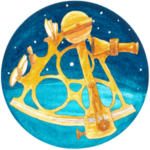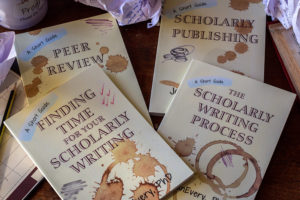Join us on 31 May for Planning Your Academic Writing Year!
Main Content

Hi, I’m Jo VanEvery, PhD. I help academics juggle their work and build confidence to align their career with their values.
I firmly believe:
- The university can be a community of scholars engaged in intellectual inquiry
- You can be committed to your work without burning out
- Your academic career has the potential for joy and success
It’s not easy to live your academic life by these principles.
But it is possible. You are not alone.
You can:
- Develop a writing practice grounded in your intellectual curiosity.
- Publish as a way of contributing to the collective project of advancing knowledge.
- Engage with students as novice members of the scholarly community.
- And rediscover glimmers of joy.
I can help you make that possibility a reality. I provide support and structures to help you. All of my services are delivered remotely online. Clients have told me that my services have transformed their lives. How you work with me depends on your needs and budget.
Not ready to spend money? Subscribe to my newsletter.
Books
I’ve also written a series of Short Guides to help you translate those big principles into concrete actions that make scholarly writing and publishing meaningful activities. They also include the kinds of questions I might ask in a coaching session to help you figure out how to apply the principles in your specific circumstances.








